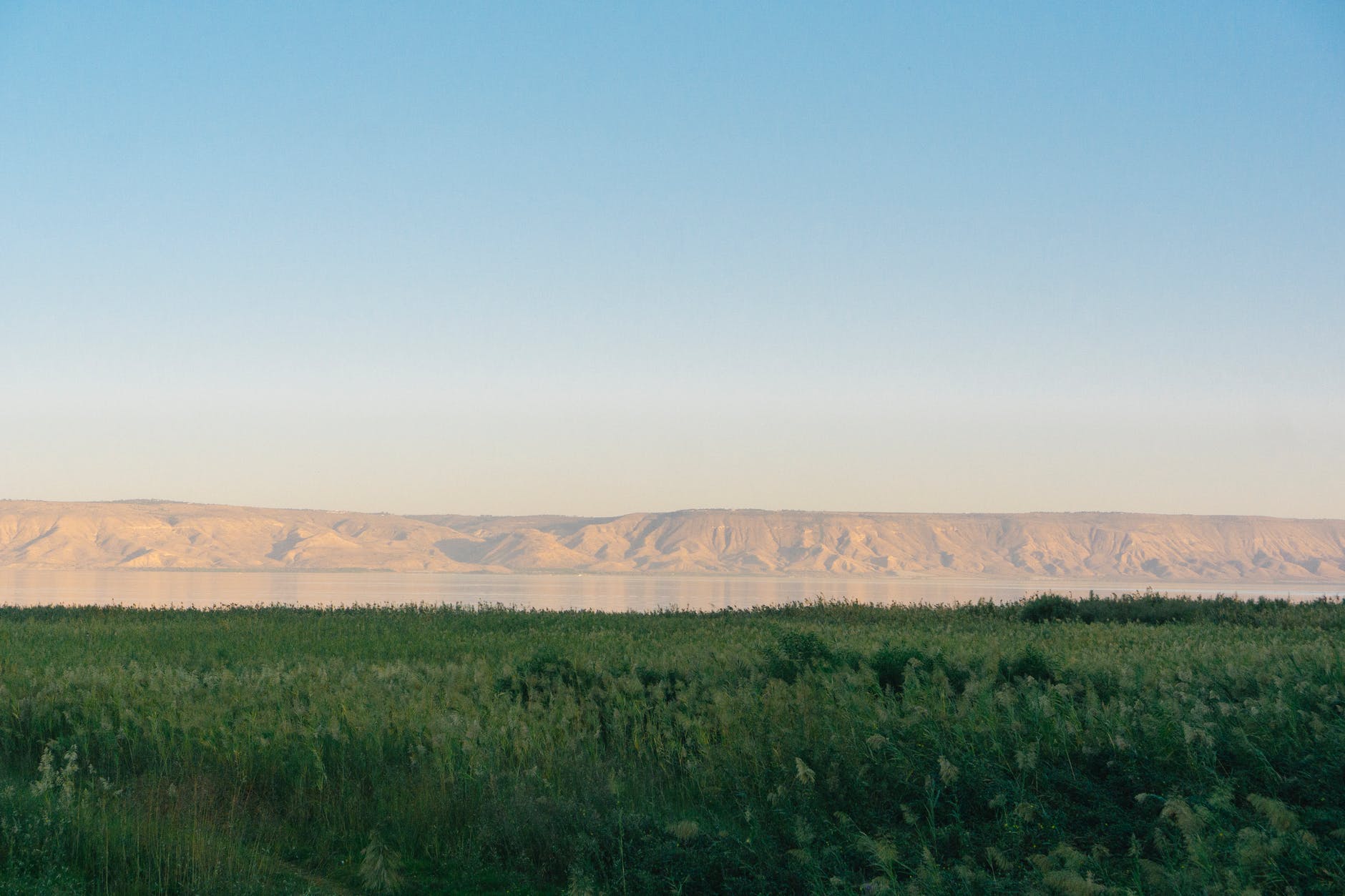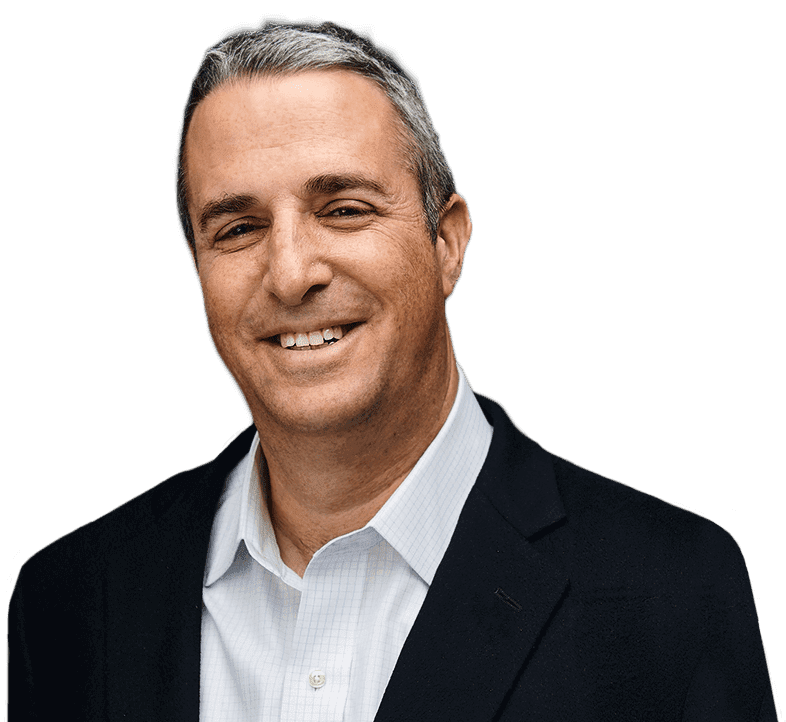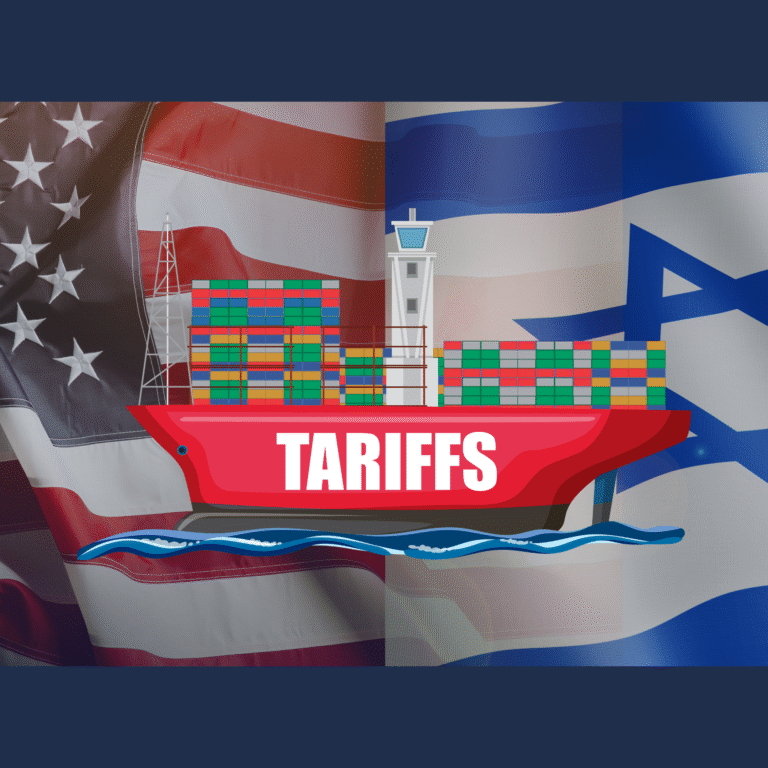

Retiring in Israel brings with it a host of questions. In this blog we will discuss the major concepts you may need to become familiar with if you are a US expat looking to retire in Israel.
But first, make sure you download our checklist of what to know if you are relocating to Israel.
https://www.youtube.com/watch?v=-RqHE89TJZc
Resources for your Israel retirement
Before we get started, I’ve written these blogs about life in Israel which you may enjoy as well:
Checklist for moving to Israel
Living in Israel as an American immigrant
How to retire in Israel if you are a US citizen
As a US citizen, retiring in Israel is no different from retiring to Florida or Arizona – from a US benefits and tax perspective. Uncle Sam does not really mind where you are physically located. You are still entitled to all your benefits, such as Social Security and Medicare (more on this later), and still have to file a US tax return.
America’s tax and benefit system is global in nature, whereas most other countries such as Israel, it is territorial. For example, US citizens have to file US tax returns wherever they live – UK and Israeli citizens living abroad do not.
Retiring to Israel in 2023
We have seen much interest over the past year in our blogs, posts and webinars that related US persons considering retiring to Israel. You may be a new immigrant (Oleh Hadash) or some returning to Israel after over ten years in the US (Toshav Hozer). We will develop this theme in 2023 and elaborate in more detail on each.
Here are twelve key issues we identify with retiring to Israel in 2023 – one for each month or one for each of the twelve tribes of Israel. We welcome your feedback with regards to which are most important to you. And we will direct the conversation over the next year accordingly.
A. US Social Security
Key issues here include
- When to take it
- Eligibility
- Where to receive it (i.e., US brokerage account or Israeli bank account
- Pension offsets (WEP), i.e., lower Social Security owing to receipt of a pension. and how to minimize these.
B. Moving to Israel and rights of immigrants
You may receive assistance from Oleh (immigrant) groups such as Nefesh B’Nefesh, or the Absorption Ministry (for returning Israelis). However, you may not be fully aware of all your rights, for example if you have dependents who make Aliyah with you who have a disability.
Many rights are benefits which are offered by various government agencies (tax, medical, housing, etc.), but it is often hard to navigate the system. There are people and organizations who can assist here.
C. Healthcare
If you were to retire to Israel in 2023, healthcare is an important topic. This covers two main sub-topics:
- Medical coverage in Israel: when to take it and what level of coverage to take. You will select one of the four main HMOs, and we suggest taking their highest-level coverage. In addition, we recommend taking supplemental private insurance to cover items not covered by the HMO’s.
- US Medicare: Whether to forfeit or not. This will depend on cost and how often you may consider spending in the US each year.
D. Culture Shock
Yes, Israel has a very different culture and mentality to the US. But once you get used to it, you will find us locals warm and caring. When I first moved here in 1984, I took a seminar in Culture Shock, which I still remember vividly. From there I will leave you with one tip that is still relevant today, in dealing with us locals,
“No” is negotiable.
https://www.youtube.com/watch?v=cs3qCbwHPSM
E. Taxation
This is not complicated provided you work with competent tax professionals. Olim have a ten-year tax exemption from paying taxes locally on non-Israeli income whether from work or from investments. However, work in Israel will be taxed locally.
Some retirees may seek local part time employment, and if this is a salaried position then you will not have to file a local Israeli tax return. You will have to file if you are an independent contractor, (and continue to pay US social security on such activities too).
In any event, as US citizens, you will continue to file US tax returns, and pay US taxes on your investments for ten years (thereafter in Israel). There is a tax treaty that prevents double taxation on income and investments.
F. Selecting a CPA
Many people remain with their US CPAS, even upon retiring to Israel. Depending on the level of complexity of your tax return, and the level of income derived outside the US, we generally recommend working with US CPA firms based in Israel, because these understand more acutely the specific factors surrounding your residence in Israel. For example, investment in non-US mutual funds may create an unwanted tax liability in the US. Many US-based CPAs, who do not deal with expats are not aware of this.
G. Taking Care of Elderly Parents from a Distance
This is challenging, especially if there is no one still in the US who can make payments, decisions and so on. It may be advisable to discuss this with an estate attorney or an eldercare professional; they may have resources that they can recommend to you.
H. Taking care of “unsettled kids” from a distance
While one would want to retire and not worry about grown kids back in the US, issues do arise especially when such kids have not achieved sufficient financial independence or have issues with money. There are US trust and estate lawyers here in Israel that can assist in these matters.
I. Creating a retirement income stream
We generally recommend that people moving from the US to Israel retain their investment assets and savings in the US. For several reasons, but with exceptions, we believe that it is best to leave one’s investment assets in the US as:
- You do not want to lose the tax exempt- benefits of retirement accounts such as IRAs, and you only want to make distributions when necessary.
- There is an Israeli ten-year tax exemption on foreign investment income
- There is a much wider breadth of investments offered
- You may experience tax disadvantages for US investors investing in non-US funds.
We recommend you speak to your financial advisor on how to create an investment strategy that creates an income stream (this may include social security and/or pension payments),
J. Where to Keep Your Investments
As discussed above, we believe that US citizens should keep their liquid investments in the US. One can certainly buy a house in Israel, and if one is still earning in the US, deduct the mortgage interest.
Please note that not every brokerage house and/or custodian will want to keep the assets of US persons who have moved overseas. This is usually for operational reasons. There are US custodians that do allow accounts with non-US addresses. Please contact us for more details.
We recommend keeping your US bank account until you feel you no longer need it. Most US brokerage accounts offer ancillary banking services, such as tax payments, bill pay and receipt of pension and Social Security income.
K. Foreign exchange and Money Transfer
Once you have determined a financial plan that provides you a monthly or quarterly income stream, the question is how to convert this money to shekels and send it to Israel in the safest, most efficient, and most cost-effective way,
Our general suggestion is, if possible, to convert shekels overseas, if your advisor or bank gives you a good rate, because this may be more expensive at Israeli banks. We have also seen fewer issues with Israeli banks accepting shekels rather than dollars. The local banks will also want proof that this money is yours and is that all your US taxes have been paid in it (this is connected to anti money-laundering regulations).
L. American Citizens who are long-term Israel residents retiring locally
Most of the transitory issues here do not apply, but there are some taxation issues to consider, especially if you had worked enough in the US or as an independent contractor in Israel to be eligible for US social security.
Retiring in Israel
This has been a summary of some key issues to consider if you are retiring to Israel in 2023. Over the course of the new year, we will tackle each of these topics, whether in blogs, newsletters, or webinars. As a US financial advisory firm with a presence in Israel, we follow these items carefully. We also want you to be successful should you consider Aliyah.
I will leave you with this thought. Many people considering Aliyah have joined online forums on platforms such a Facebook, to seek quick and free advice. Often this can lead to one receiving poor guidance. It is acceptable to ask on Facebook about where buy a fridge or dishwasher, or whether one recommends an English-speaking hygienist or shrink. However, for matters that affect your personal and financial well-being, there are plenty of competent English-speaking professionals locally, such as accountants, insurance agents, trust and estate attorneys and so on. It is better to pay for a consultation rather than receive incorrect advice in such critical matters as your personal finances.
Attend a webinar!
Have questions about retiring in Israel? We’re having a series of webinars on this topic. We’re also publishing blogs on this subject.
JOIN the newsletter list here to stay informed.
If you are moving to Israel and don’t know where to start when it comes to the financial side of things, please CONTACT US to schedule a time to speak with Nardis Advisors regarding your portfolio and personal financial plan.
Norman H. Chait, CFA, Managing Principal, Nardis Advisors LLC,
December 15th, 2022
Disclaimer: Nardis Advisors LLC (“Nardis”) is a Registered Investment Advisory Firm regulated by the U.S Securities and Exchange Commission in accordance and compliance with applicable securities laws and regulations. Nardis does not render or offer to render personalized investment advice through this medium. The information provided herein is for informational purposes only and does not constitute financial, investment or legal advice. Investment advice can only be rendered after delivery of the Firm’s disclosure statement (Form ADV Part 2) and execution of an investment advisory agreement between the client and Nardis.





